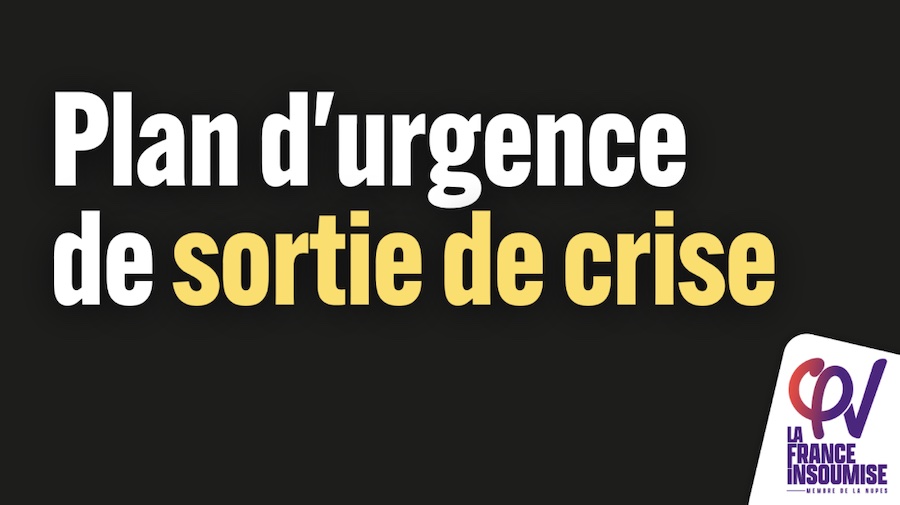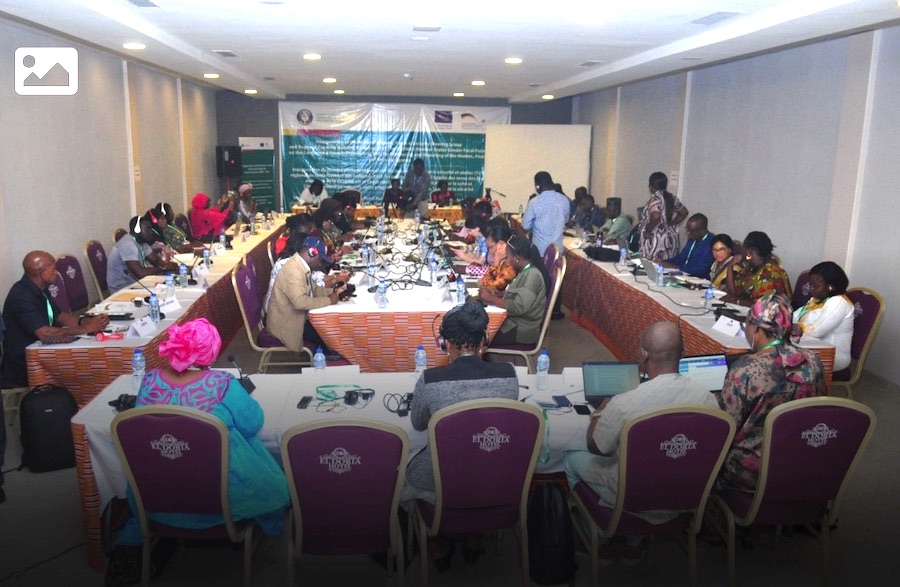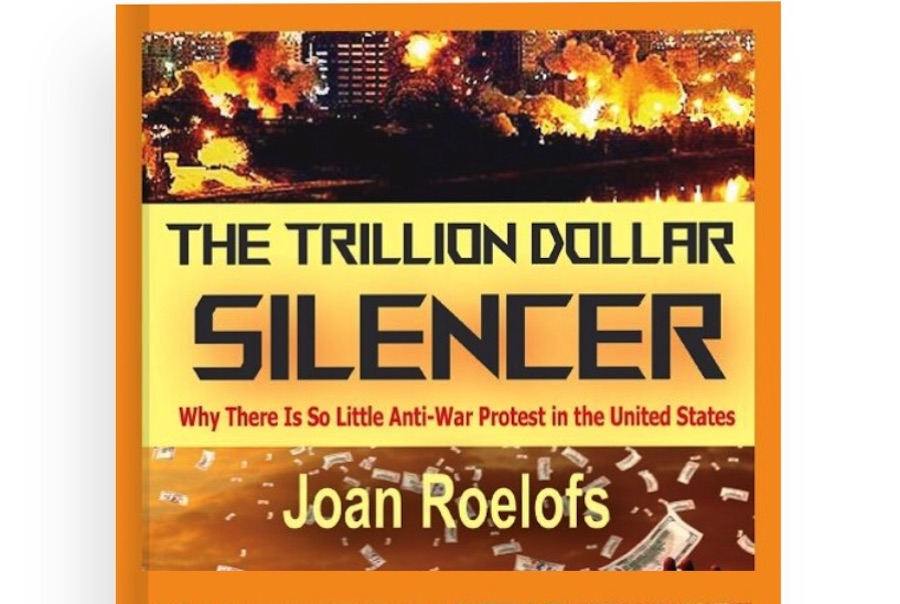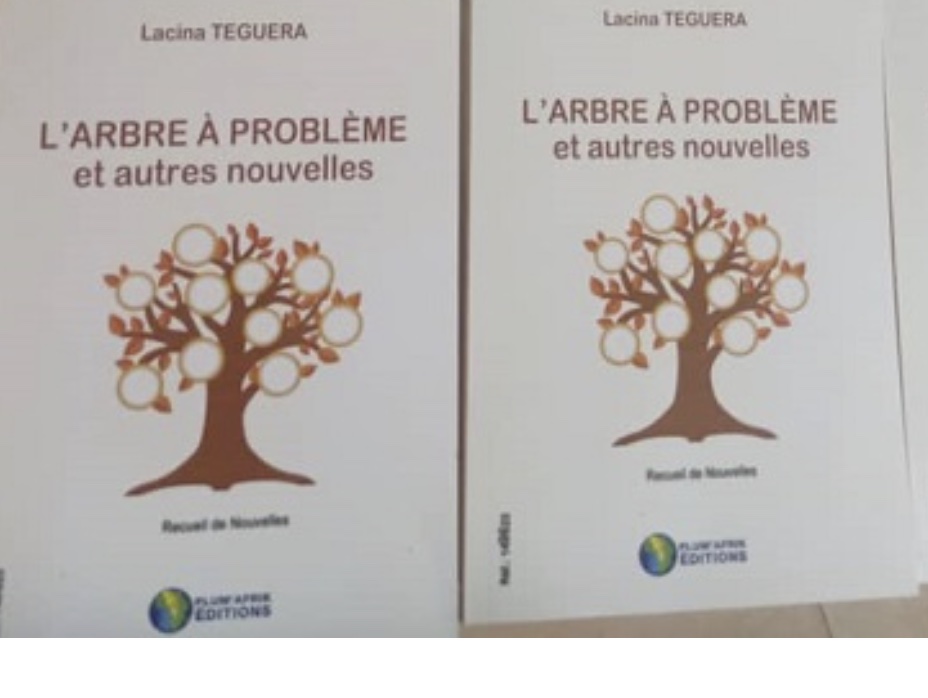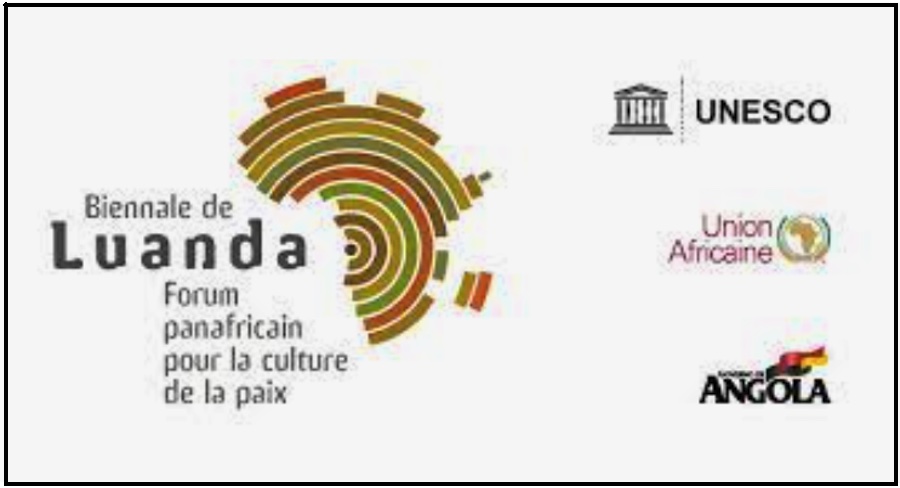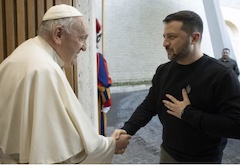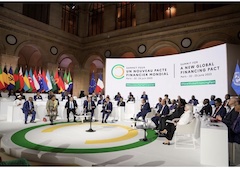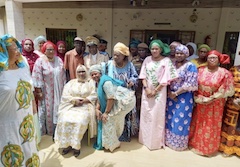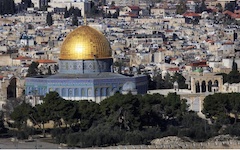FREE FLOW OF INFORMATION . .
Comments by Catalina Ceballos* in Cambio Colombia (translation by CPNN)
Last week there was a meeting at the University of the Arts (Public University) in Guayaquil on culture and economy. for several days it was discussed how culture serves to understand violence and conflict, particularly now, when it is necessary to confront the violence that arises from drug trafficking. The issue caught my attention because I have always said that culture should be seated on the Ecopetrol board of directors and at the dialogue tables with the ELN. It is not a question of thinking about culture as defined by García Márquez, as the social use of knowledge, I prefer to think of the definition of Néstor García Canclini: “The set of interventions carried out by the State, civil institutions, and community groups organized through order to guide symbolic development, satisfy cultural needs, and obtain consensus for a type of order or social transformation. And what social transformation is more important than the peace we seek!

In fact, since 1998 at the UNESCO Yamoussoukro Congress, the culture of peace has been promoted to promote values, actions and projects to avoid violence and find peaceful solutions to conflicts. From there arose the Declaration and Program of Action on a Culture of Peace that has been incorporated into the constitutions of Ecuador and Bolivia.
Add to this the time dedicated by the Truth Commission in its art and culture component, the work that Commissioner Lucía González did with the legacy, a rational and emotional device with tools to understand conflict and to move towards coexistence. and reconciliation. It is worth remembering the words of Father Francisco de Roux: “Through culture, conditions are created so that human dignity can be fully lived.”
(continued on right column)
What is happening in Colombia, Is peace possible?
(continued from left column)
Peace through culture includes understanding conflict from the loss of indigenous reservations, understanding the economic transitions when one goes from cultivating potatoes to coca, understanding the ancestral dimension of a river through which in addition to the navigation of boats, have been rivers of blood. Understanding the role of the Maroon Guard in the historical processes of resistance. It is about seeing Guadalupe from the Fifties of the Teatro La Candelaria over and over again. Listening to the Girl singing La Sentada “they stuffed the war to the bottom of our trachea” reading aloud Los Ejércitos by Evelio Rosero, or simply dancing cumbia until dawn to forget the pain that seeps into our bones from this interminable and absurd war.
Well, precisely, in Medellín, a few days ago, the vice-minister in charge of heritage and regional development, of the Ministry of Culture, Adriana Molano, presented the draft program on culture of peace in which, as a principle, it is assumed that local knowledge, the various expressions arts, cultural heritage and citizen participation are essential elements in the construction of peace and territorial development. Those who work in this sector know that cultural public policies result from a co-creation effort between civil society, institutions and the cultural movement. This is the origin of transversal, sectoral and territorial policies. Working in deliberative participation roundtables on issues related to peace is just enough, regarding the year that marks the delivery of the Final Report of the Truth Commission.
The program will strengthen artistic and cultural experiences aimed at triggering reflection processes on the causes and effects of the armed conflict and the different forms of violence, as well as the ways in which conflicts are addressed in our society. The program seems to have resources, in my view, the most important thing is that it remain as a public policy document, that it goes through the memory and reconstruction of the conflict. May its transversal axes be human rights and a healthy democracy. I hope it contributes to the creation of fairer and less violent communities, that the creators who participate have aesthetic and ethical intentions and that sensitivity is a path and a place of arrival.
* Catalina Ceballos is an anthropologist specializing in International Resource Management. She has more than 23 years of experience in the strategic design of cultural and media projects. She has been Deputy Manager of RTVC Radio, manager of Canal Trece, director of the Master’s Degree in Cultural Management at Universidad Ean, consultant in public policy, media and cultural and artistic projects, and Communications consultant for the Truth Commission.
